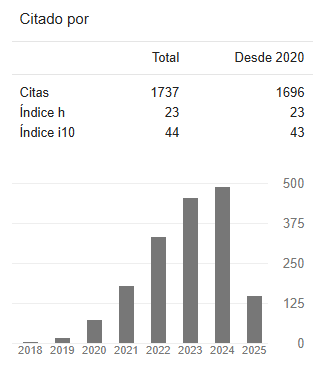100 ways to improve your writing (2)
100 ways to improve your writing (2)
We continue with the advice of the book "100 ways to improve your writing" by Gary Provost:
https://www.samuelthomasdavies.com/book-summaries/writing/100-ways-to-improve-your-writing/
(1.7) Research
When you go to write, do you feel your mind is blank? Does the article look like it's staring at you with an accusing eye? The problem could be that you haven't done enough research.
Almost everything you write must be built on a foundation of fact.
Before you write, find the information you're going to need. Get the information you're going to quote, the names of the people you're going to mention. Find out when it's going to happen, where it's going to be, who's going to speak. You can't write about anything unless you've gathered a lot of information.
This is a very common mistake: starting with the house from the roof, as they say. Writing an article should be the final phase once the research is completed. To do this, one or more documents must be worked on during the investigation to collect all the information that will document the investigation. These documents will contain dozens of notes, comments, tables, figures, formulas that may never be used in a publication, but have been used during the research. From these documents, the content will be extracted and will finally go to the article. However, many people do not act like this, for many "research" is simply to write a scientific article, they skip the research and simply start writing the article.
(1.9) Choose the right time and place
For most writers, the hardest part of any project is getting started.
[...]
The way to eliminate most of these traumas is to write in large blocks of time instead of trying to write during different blocks in the day. Look at your diary. When do you have 1 or 2 hours free without anyone bothering you? Can you close the door? Unplug the phone? You'll manage to write more in an hour without interruption than you would in a dozen blocks of ten minutes each.
It's very simple, if you don't organize the time to write an article, there will never be time for it, there will always be other things to do.
(2.1) Copy something
Every now and then take a few paragraphs of something you enjoyed reading and sit down at the typewriter or with a notebook and copy them word for word. Suddenly you will become aware of the decisions the writer made. You will see the play from the writer's point of view. In time you will feel like the writer, and you will say, "I know why he chose this word; I know why he made two short sentences here instead of one long one. You will become more intimate with the writer's words and with the words in general, and your own writing will improve significantly.
But copy well, do not plagiarize, that is a crime.
Sergio Lujan-Mora








